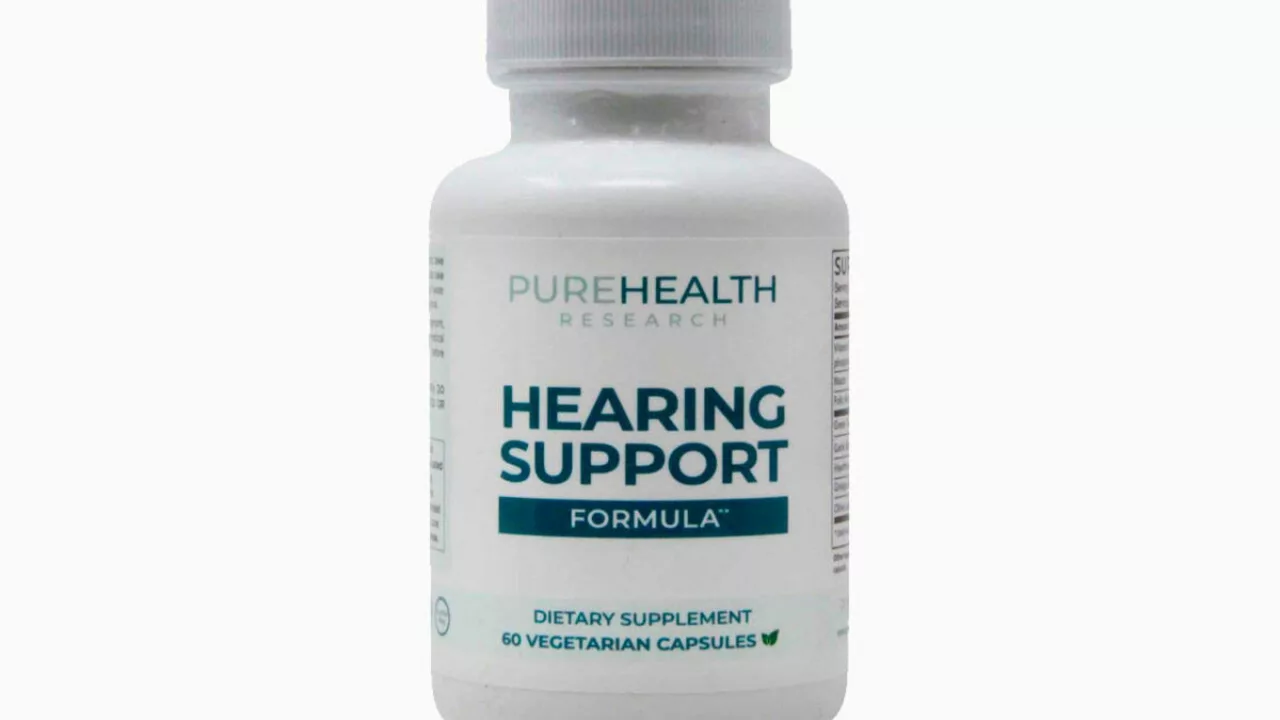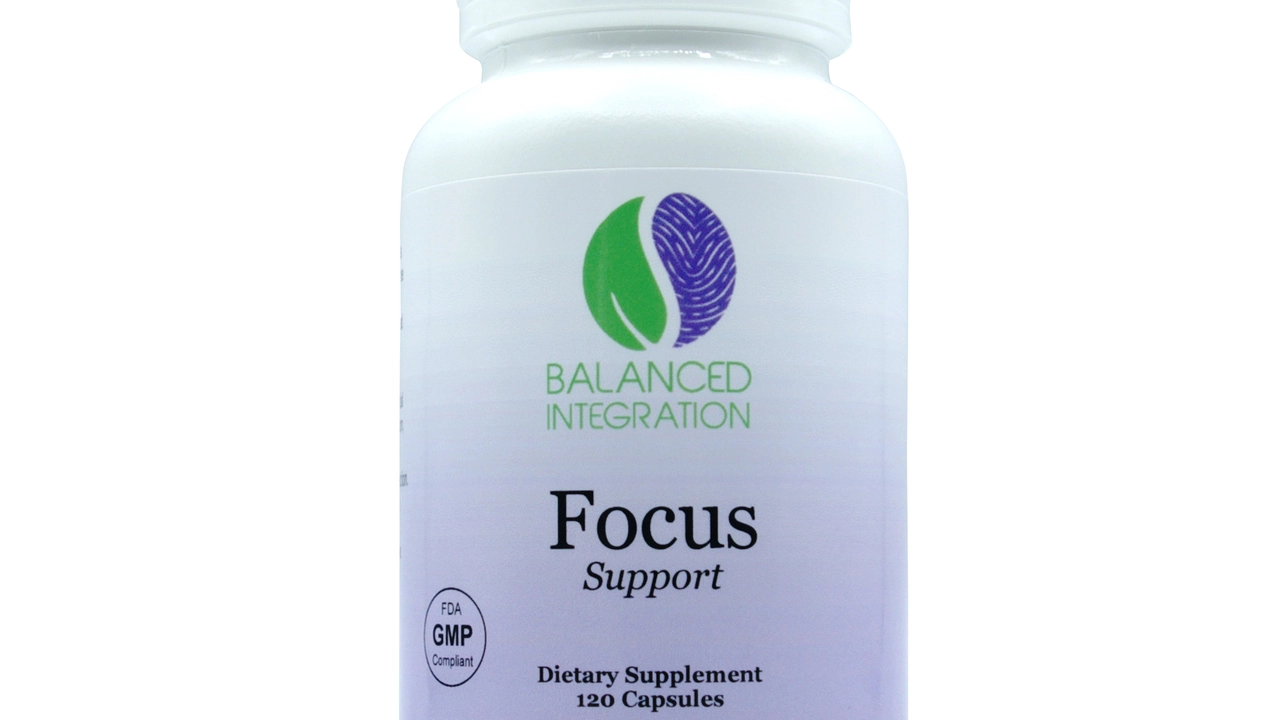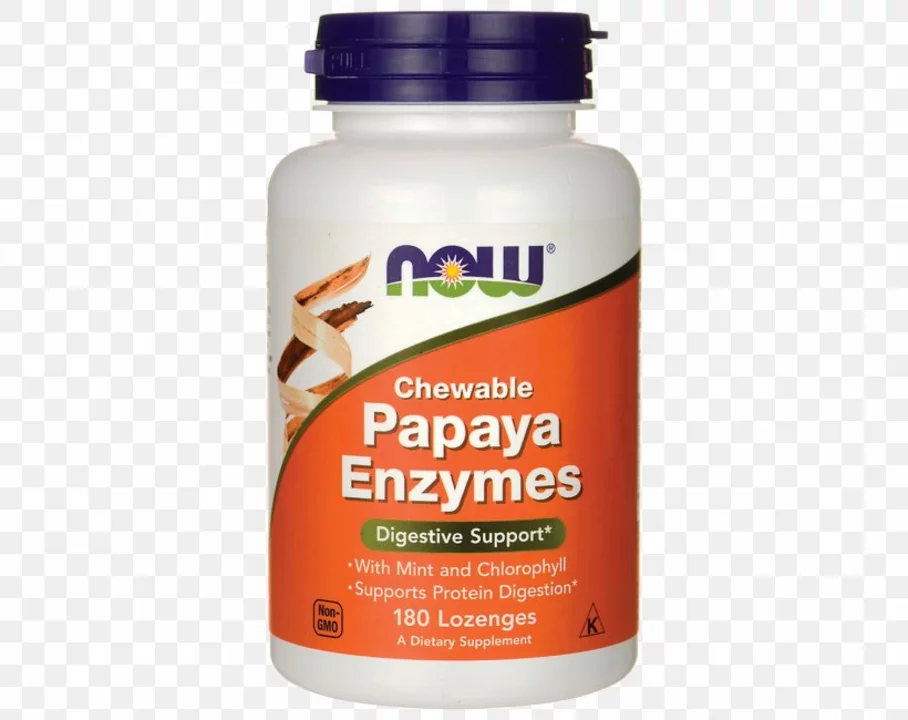Dietary Supplement Guide: How to Choose, Use, and Buy Safely
Want to use supplements without guessing? This page gives straight answers you can use today: what supplements do, how to pick a good product, and simple steps to avoid side effects and bad sellers.
What a dietary supplement really is
A dietary supplement is anything you take to add nutrients—vitamins, minerals, herbs, amino acids, or extracts. They aren’t drugs, so they don’t have to prove they treat or cure disease. That means quality and effects vary a lot. Think of supplements as tools that can help when used correctly, not quick fixes.
If you’re taking prescription meds—like antidepressants such as sertraline (Zoloft) or hormone drugs like anastrozole—talk to your clinician before starting anything new. Some herbs and vitamins change how drugs work. For example, St. John’s wort can reduce levels of many prescription medicines. That’s not rare; it’s why checking first matters.
How to pick a safe supplement
Start with a clear need. Are you low on vitamin D, looking for joint support, or trying a heart herb like hawthorn? A test or a chat with your doctor narrows your choices and avoids waste.
Look for third-party testing seals like USP, NSF, or ConsumerLab. Those checks don’t promise results, but they do confirm the bottle contains what the label says and isn’t full of contaminants. Read the label: serving size, active ingredients, amount per serving, and any allergens or fillers.
Buy from trusted sellers. Big-name pharmacies, reputable health stores, or well-known online shops are safer than random marketplaces. If a price looks too good, or the site hides contact info, walk away. Our site covers reviews of many online sellers and how to spot red flags.
Watch dosage and timing. More isn’t better. Follow label directions or your provider’s plan. If you feel unusual symptoms—digestive trouble, a rash, dizziness—stop and check with a clinician.
Keep records. Note which supplement, batch number, where you bought it, and when you started. That helps if you need advice or must report a problem.
Want examples? We have practical write-ups on hawthorn for heart support and sarsaparilla as an herbal option. We also cover how supplements interact with common medicines and how to shop online safely.
Final quick tips: prefer single-ingredient products over mystery blends, check for third-party testing, don’t replace prescribed meds unless your doctor says so, and store supplements in a cool, dry place. Small habits like these cut risk and help you get the benefits you want.












